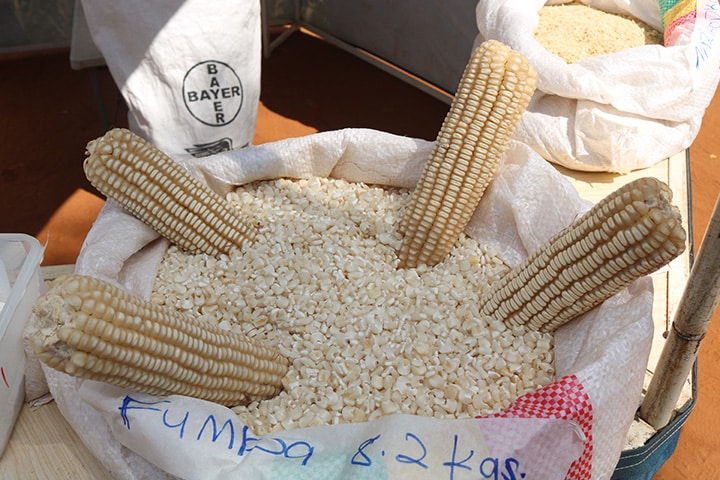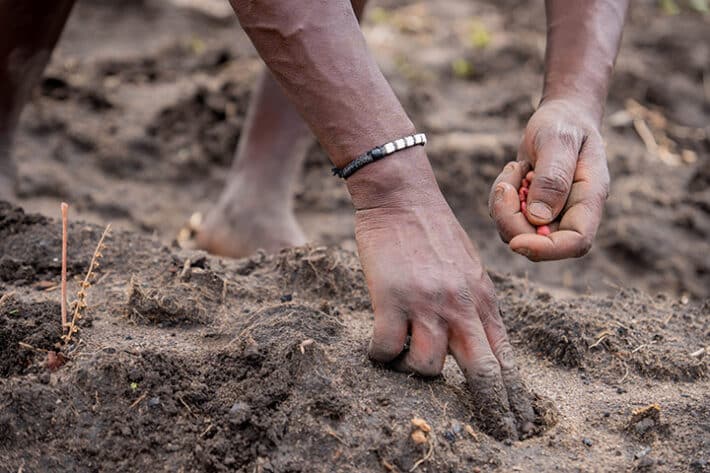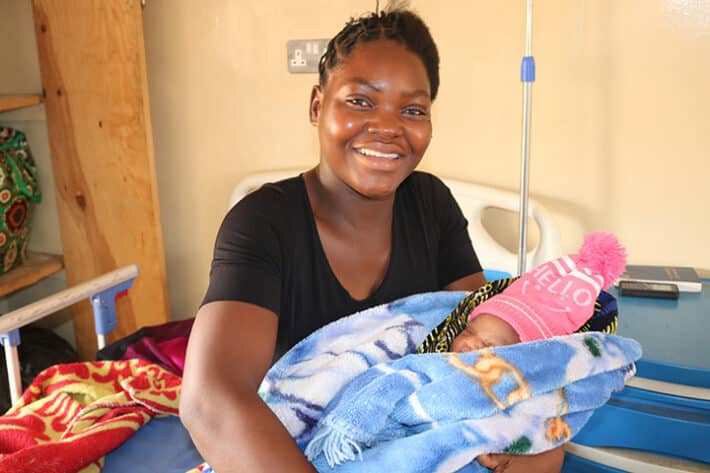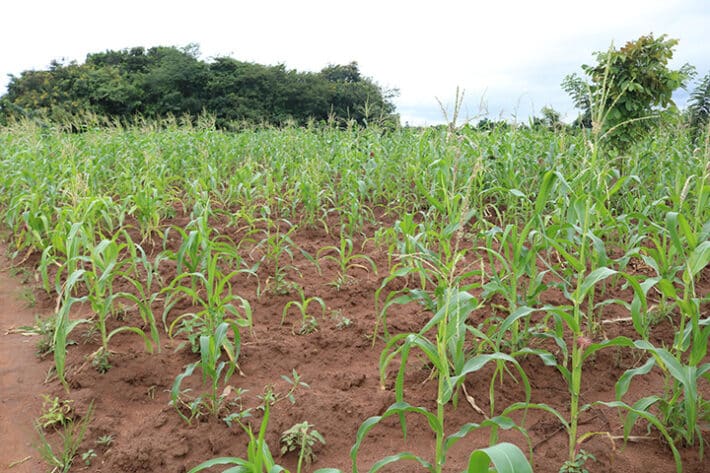Malawi Farming Challenges and Solutions (Part 2)


Malawi Farming Challenges and Solutions (Part 2)
As the 2025/2026 farming season begins, farmers across Malawi are preparing their fields once again. Many are hopeful, but they also know the challenges are not over. The past season taught important lessons about how weather, pests, and rising costs affect farming and now, farmers are trying to find better ways to cope and move forward.
Adapting to Unpredictable Weather
Farmers should adopt climate-smart farming techniques to make their farms more resilient. Practices like crop diversification, intercropping, mulching, and conservation farming help to protect soil, retain moisture, and reduce the risk of crop failure. Early-maturing and drought-tolerant seeds should also be used to cope with irregular rainfall.
Farmers should also consider small-scale irrigation, to maintain crops during dry periods. While these systems can improve yields, many poor households still cannot afford them, and access to training or materials like mulch and compost can remain a barrier.
Managing High Input Costs
Farmers should consider joining village savings and loans groups or cooperatives to buy seeds, fertilizer, and pesticides together at lower costs. This collective approach can make essential inputs more affordable and ensure that farmers are better prepared for the planting season. Rural farmers should also consider using organic fertilizers, such as Mbeya, to improve soil fertility inexpensively while reducing dependence on costly chemical inputs.
However, even with these strategies, many smallholder farmers will still struggle to afford sufficient inputs. This leaves them vulnerable to poor harvests or reduced farm sizes. Planning carefully, seeking community support, and engaging in local partnerships should be used wherever possible to make these solutions practical and effective for the households that need them most.
While these efforts give hope, Malawi’s farming sector still faces big challenges. Changing weather caused by climate change makes farming unpredictable, and smallholder farmers, who grow most of the country’s food, are still the most at risk.
Building stronger farms will take time. It will require working together, investing in farmer training, making seeds and fertilizer affordable, and improving infrastructure. Even small steps, when combined, can make a real difference.
At Orant Charities Africa, we believe that real change happens when communities work together. We will continue supporting rural farmers so they can face challenges with strength, resilience, and hope.




